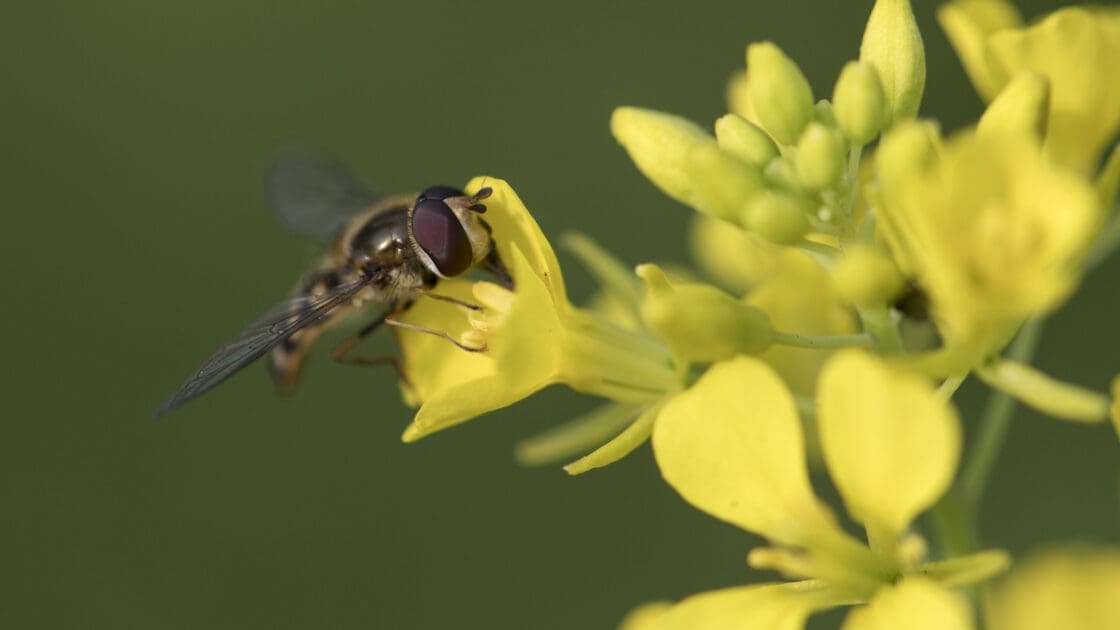Neonicotinoids are Harmful to Bees, Finds 2 New Studies

Two new studies seem to prove without a shadow of a doubt that neonicotinoids are harmful to bees and other pollinating species, with New Scientist noting that the research provides the “strongest evidence yet” of the pesticides’ danger to bees.
Both studies were published Friday in the peer-reviewed journal Science.
The first study, conducted in Hungary, Britain, and Germany, found that neonicotinoid pesticides dramatically weakens already weak honeybee hives.
For the study, which is the largest field trial to date, researchers treated some fields planted with rapeseed with the insecticides and left others untreated. They then observed the effect on bees. Hives in Germany, where bees are generally healthier, fared better than hives in Hungary and Britain, where the insects had a hard time surviving the winter. In Hungary, colony population fell by 24 percent, and all three countries saw a decline in reproduction rates of bees.
“In the light of this new study, continuing to claim that use of neonicotinoids in farming does not harm bees is no longer a tenable position,” David Goulson, a biology professor at Britain’s University of Sussex, told Euractiv.
The second study, also published in Science, investigated levels of neonicotinoids that bees encounter in corn-growing regions in Canada. The study found not only that bees were exposed to the pesticides for four months, almost the whole of their active season, but that this exposure caused worker bees and queens to die earlier than those who were not exposed.
Results of this study also showed that the contaminated pollen did not come from the originally treated plants.
“This indicates that neonicotinoids, which are water soluble, spill over from agricultural fields into the surrounding environment, where they are taken up by other plants that are very attractive to bees,” lead researcher Nadia Tsvetkov told Euractiv.
Neonicotinoids are the world’s most widely used class of insecticides, although they have been widely linked to pollinator death. As a precautionary measure, the European Union banned three neonicotinoids in 2013.
Related on Organic Authority
Home Garden Company Ortho Nixes Neonicotinoids to Help Save the Bees
Bee-Killing Pesticide Found in U.S. Drinking Water
Cheerios’ ‘Save the Bees’ Campaign Stings Conservationists with 1.5 Billion Invasive Seeds

